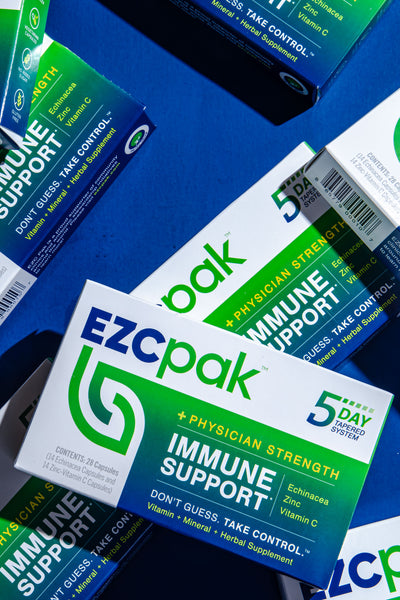For years, the Food and Drug Administration (FDA) has turned something of a blind eye to many homeopathic drugs on the market. Now, according to a proposal by the FDA, that’s about to change.
In the eight page draft guidance issued this December, the FDA outlined its plans to take on the homeopathic drugs that put consumers at the greatest risk. According to an article published in the Washington Post, the products the FDA wants to focus on include “those containing potentially harmful ingredients or being marketed for cancer, heart disease and opioid and alcohol addictions.”
Read on to learn more about homeopathic drugs, why they pose such a risk to Americans, and what the FDA plans to do about them.
What is homeopathy?
According to WebMD, homeopathy is a medical philosophy centered around the notion that the body can heal itself. How exactly does it do that? With the same substances that make people sick -- but in smaller doses. Says the website about the philosophy: “If a substance causes a symptom in a healthy person, giving the person a very small amount of the same substance may cure the illness. In theory, a homeopathic dose enhances the body's normal healing and self-regulatory processes.”
The problem, of course, is that homeopathy is just that: a theory. It’s been scientifically disproven, and in some cases can make sick people even sicker. Another article by the Washington Post discusses a major study that proved that homeopathic medicine yields no better results than placebos.
Last year, 400 children fell ill and ten children died after being given teething tablets containing belladonna. Belladonna is a toxic substance.
Why isn’t the FDA regulating homeopathic medications?
Technically, it should be. U.S. law requires homeopathic drugs receive the same approval as traditional western medications. But a 30-year-old policy of “enforcement discretion” has allowed many of these drugs to be made with no oversight from the FDA.
Another thing to note: homeopathy is now a $3 billion industry. Don’t let the name fool you -- there’s nothing small and cozy about this medical philosophy.
Is the FDA going to ban homeopathic drugs?
No. The Washington Post article clarifies that the FDA doesn’t plan to require all homeopathic drugs to get approval. Instead, the FDA plans to go after those homeopathic drugs that really put Americans at risk.
Says FDA Commissioner Scott Gottlieb in a statement: “We respect that some individuals want to use alternative treatments, but the FDA has a responsibility to protect the public from products that may not deliver any benefit and have the potential to cause harm.”
“There are certainly many perspectives on medicine and it’s important that physicians are culturally sensitive to those perspectives in helping patients heal. At the same time, it’s also important that patient consumers understand that there are a lot of fake products on the market that are functionally expensive sugar pebbles,” said Sarath Malepati, MD, Medical Director of the PPC Group and creator of the EZC Pak.
Continues Dr. Malepati: “The amount of misinformation propagated by the makers of these fake products and manipulation of consumers for financial gain is unfortunate. This new proposal highlights that at worst, these products may contain substances that can harm people. At best, they're placebos. Regardless of what you believe, I think we all would agree that it’s ultimately the individual’s responsibility to sift through the noise and make decisions that are best for their health and well being.”
For 90 days, the proposed policy is open for public comment. Before making the policy final, the FDA will review comments. You can review the policy here and submit comments online here.






